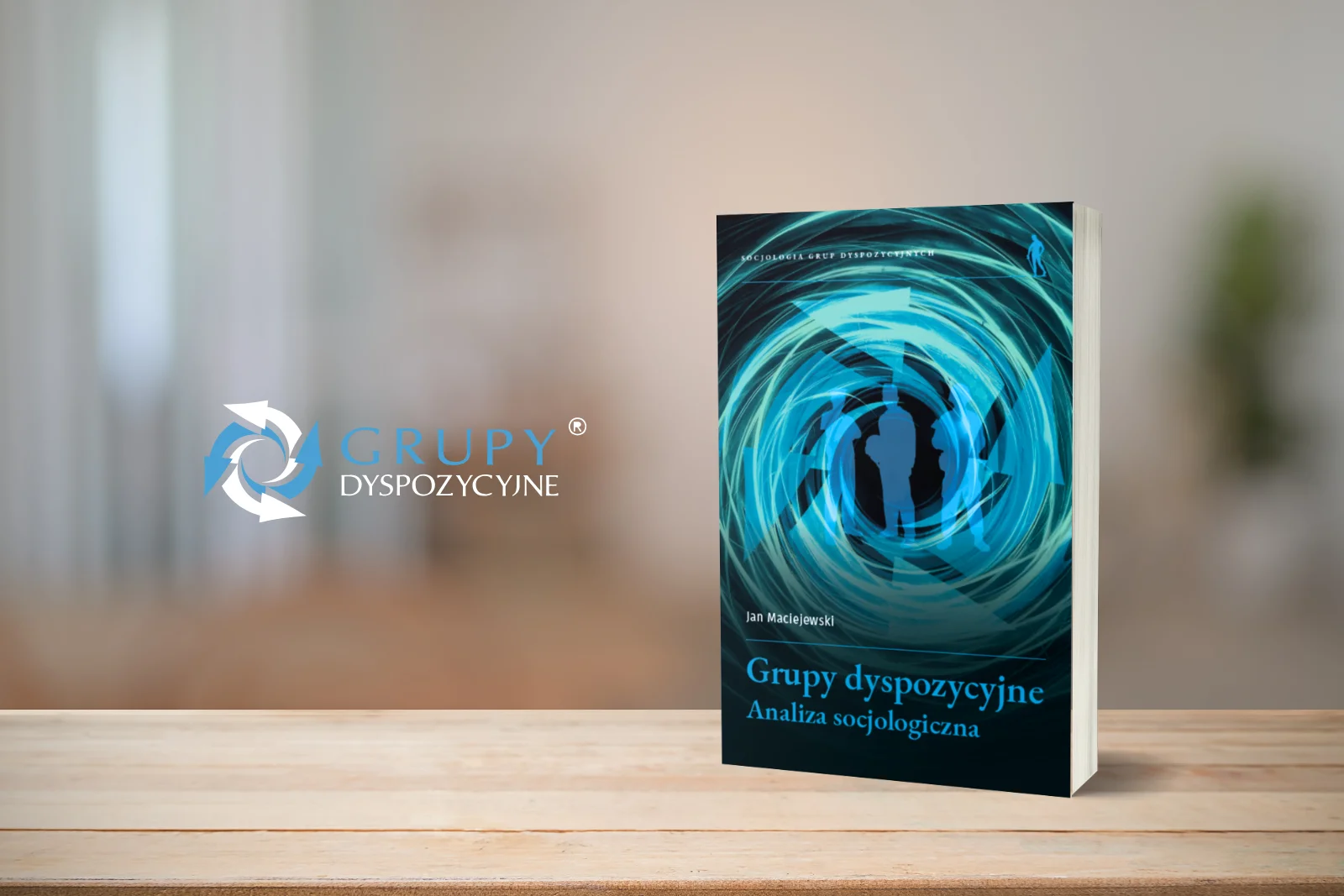
Mondays with WUWr #60
What’s new at the University of Wrocław Press?
In our series #MondayswithWUWr, we keep you up to date with the most important events, book news, and issues important to the Publishing House! We also encourage you to follow the wuwr.eu website and the Publishing House’s social media – Fb, LinkedIn, Instagram, and YouTube. Follow us to be up to date!
Grupy dyspozycyjne. Analiza socjologiczna już w drukarni!
The book Grupy dyspozycyjne. Analiza socjologiczna by prof. Jan Maciejewski is returning to sale. This is the third, revised and expanded edition of the book, which not only examines the processes of selection, training, and integration of members of standby groups but also shows how these formations adapt to global challenges – cyber threats, migration, natural disasters, and new forms of crime. For years, the publication has been an invaluable source of knowledge, and the new specialised sociological field distinguished by Jan Maciejewski – the sociology of standby groups – is situated at the intersection of such disciplines as military sociology, organisational sociology, labour sociology, security studies, and social psychology. It focuses on analysing organised structures capable of rapid intervention to protect people and the most important state resources.
We would also like to inform you that on 1 July at 15:00 in the Oratorium Marianum, prof. Jan Maciejewski is organising a promotional meeting around this publication.
New journal issues
The editors are not slowing down, they are catching up with their work in the evaluation year, so you can read a lot of new texts in open access using the Scientific Journals on the Web platform available on wuwr.pl. The last week has seen the appearance of, among others:
„Dziennikarstwo i Media” issue 23 (2025)
The articles in the twenty-third issue of “Dziennikarstwo i Media” focus on forms of mediatisation of experience and (to a lesser extent) on the figure of authority. They not only address different experiences, but capture them in a variety of research perspectives. They all share methodological rigour and an empirical approach. To begin with, Kamil Olender, with a smartphone in hand, will guide us through European capitals with the help of mobile apps, like a good doctor of communication (human-centred design) diagnosing emerging dysfunctions and relating them to the cultural dimension of uncertainty. Then Aleksander Wlodarczyk will immerse us in the flood of peri-flood media experiences and accurately describe the dynamics of how local and regional media deal with disaster. Next, Elwira Olejniczak will focus on the linguistic determinants of the media construction of local authorities on the example of prominent Łódź women. Ann Hanc will examine in detail the forms of popularisation of science in Newsweek, and it will turn out that the authority of science is well and truly, and that (media) science is not as scary as it may seem when one cares about the proximity of human affairs and the attractiveness of the message. Finally, Zofia Greblicka will bring us closer to the experience of emptiness, loneliness and stopping time during the COVID-19 epidemic, documented in key photographs from the time.
„Ekonomia — Wroclaw Economic Review”, issue 30/2 (2024)
The articles in this volume deal with a variety of topics. The first article deals with risk factors in creative services. The second addresses the issue of pensioners’ spending on the purchase of consumer goods and services against their income. The third examines the role of liberal theory in the development of welfare using selected historical events as an example. The fourth discusses enterprise size as a determinant of the use and evaluation of cashless payments – the case of Poland. The fifth analyses the model of the innovation process used by enterprises in Poland. The sixth presents the role of EU funding in regional development: Cornwall and West Wales. The seventh explains the characteristics of the supervisory boards of WIG-ESG index companies listed on the Warsaw Stock Exchange.
And others:
„Nowa Kodyfikacja Prawa Karnego”:
volume 72
volume 71
volume 73
„Studenckie Prace Prawnicze, Administratywistyczne i Ekonomiczne”:
no. 51
no. 52
„Śląski Kwartalnik Historyczny Sobótka”:
vol. 79, no. 4
Z przypisami – kolejne spotkanie w cyklu organizowanym przez WUWr i Wrocławski Dom Literatury
We would like to remind you that this Thursday, 26 June at 6 p.m., a meeting of the “Z przypisami” series will be held in the Proza club in Wrocław, devoted to the book ‘Głosuj, broń, wybieraj. Hasła polityczne z lat 1918-2020″ by dr Marta Śleziak. Dr Robert Zontek from the Univeristy of Wrocław Press will lead a discussion on what words move crowds and shape history, what political slogans say about us and what charge various messages carry! In the book ‘Głosuj, broń, wybieraj, hasła polityczne z lat 1918-2020’ you will find not only an analysis of the voice of the authorities in the People’s Republic of Poland, elections in ’89, election campaigns in the Second Republic or the Third Republic. It is also the voice of citizens – parents and carers of people with disabilities who protested in 2018 and 2019, the voice of teachers in April 2019, protesting doctors and residents, farmers, as well as an analysis of the women’s protests of 2016 and 2020. You are cordially invited, admission is free!
Date of publication: 23.06.2025
Added by: M.K.



